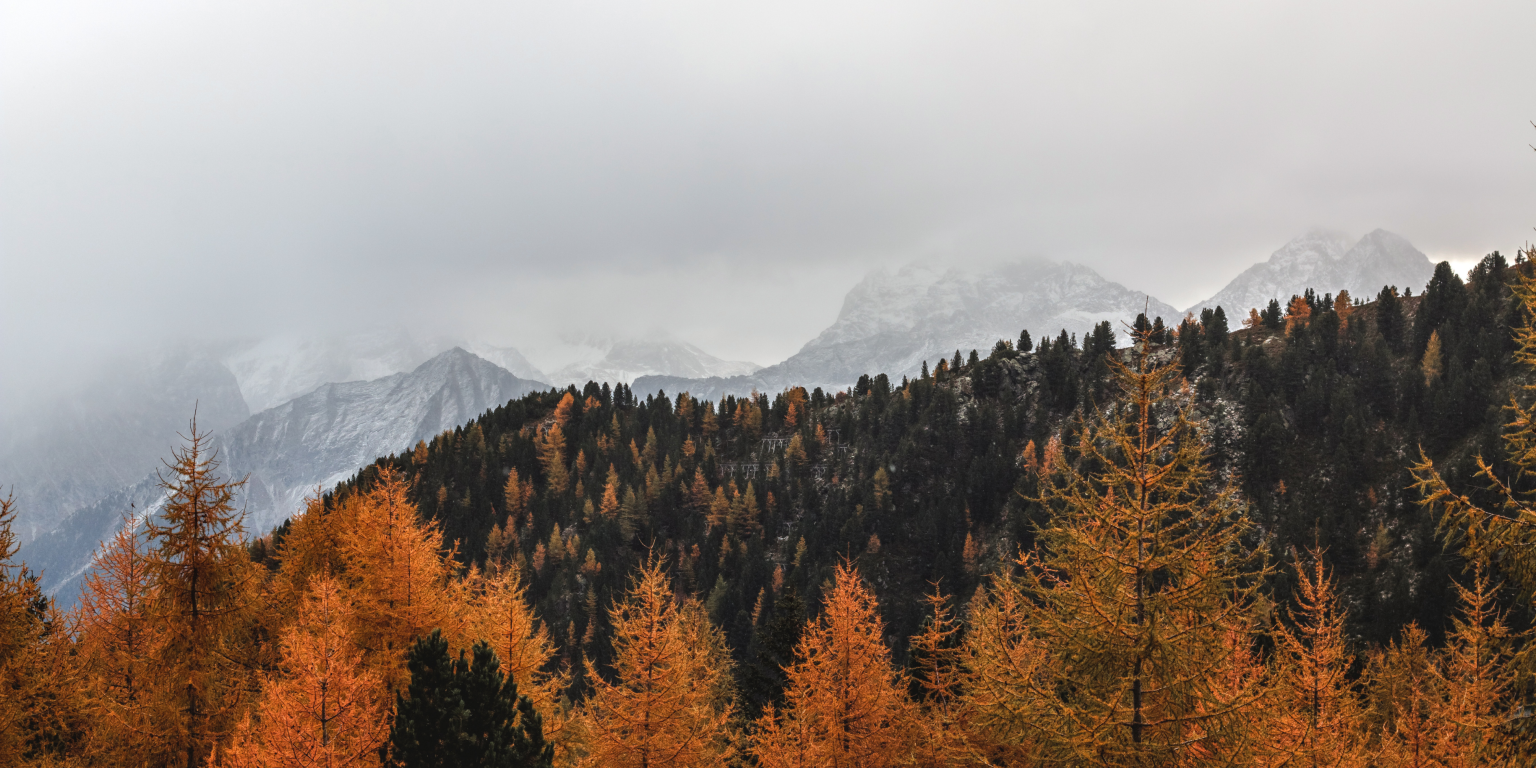Sometimes, you have to go back to go forward. It sounds counterintuitive, I know. So let’s go to the Bible and see how Isaac’s story illustrates this.
Why did Isaac bother with old wells?
Isaac inherited his wealth from his father, Abraham. He did, however, expand this wealth in his own right. The Philistines, in whose lands Abraham and Isaac travelled as nomads, envied them because of their success. Success that was the result of the Lord’s blessings.
Out of spite, the Philistines filled up some of the wells Abraham had dug and that now belonged to Isaac. These wells were extremely important features and even had names that denoted their owners.
Water was a very precious commodity. The blocked wells kept sustenance and nourishment from Isaac and his family, his workers and his livestock. It did not only make their lives more difficult, it could lead to their demise. These acts showed nothing but disrespect for Abraham’s legacy and his family’s heritage.
Isaac instructed his workers to open up his father’s wells. As a sign of respect for his father and his legacy, he also restored their names. In addition, his workers dug two new wells that were Isaac’s.
These wells were the cause of even more trouble with his Philistine neighbours. In defiance Isaac named them Confrontation and Disturbance.
Because he wasn’t deterred, Isaac moved on and dug a third well. This time things went well and he named it “Room” because as he said: “Now the Lord has given us room and we will flourish in the land” (Genesis 26:22, NIV).
All the digging brought Isaac eternal sustenance and restoration
After all this digging up of wells and building new ones, Isaac moved to Beer Sheba. And here God came to Isaac to renew His covenant with him.
After his father’s death, Isaac had followed in Abraham’s footsteps by being obedient in the ways of the covenant. He married, had two sons, and survived many adventures on his travels. The Lord blessed him and took care of him, but only now renewed His promises “officially”.
What did Isaac do after this personal encounter with God? He built an altar. He called on the Name of the Lord and prayed.
What did Isaac’s workers do? They dug yet another well. The seventh one in this story. First there were the three of Abraham that they had to open up. Then they dug two new ones that caused strife.
Number six was trouble-free and now number seven is called Seba which means “we have found water”, but can also mean “seventh well”. Hence the place name Beer Sheba to this day.
At this point in time, Isaac’s troublesome neighbours arrived on a diplomatic mission. The king of the Philistines and his entourage wanted to make an agreement. After all their hostility and undermining of Isaac’s resources, they now wanted peace.
They feared retaliation by Isaac because they could clearly see that he was a blessed man. They specifically mentioned that they could see he was favoured by the Lord.
Isaac agreed to their peace treaty. As a man of diplomacy he did not retaliate and they separated the next day as formal allies. Thus ends the story of Isaac and his wells.
What Isaac’s story about wells means to our well-being
The old wells Isaac restored, the new ones he created, and the meeting he had with the Lord is a story of true revival. For the sake of your own well-being and that of the generations after you, you do not destroy or ignore the resources of your ancestors.
You dig up their legacies and your heritage, inspect them, enjoy and enhance them if they serve you well. This should be where you find wisdom and inspiration to connect with God.
Don’t let your love for God become buried beneath life’s stresses, societal pressure, and personal conflicts. Be like Isaac and clear away these impediments until the pure water within you flows freely and brings your unique Spirit-filled temperament to the surface. Then you can be a source of hope and peace for people who feel like life is a desert.
Dig up the old wells, but also create new ones to sustain you on your journey in this world. Be part of the generation that channels the Living Water of the Lord’s blessings to future generations. This makes your life meaningful and filled with purpose.








